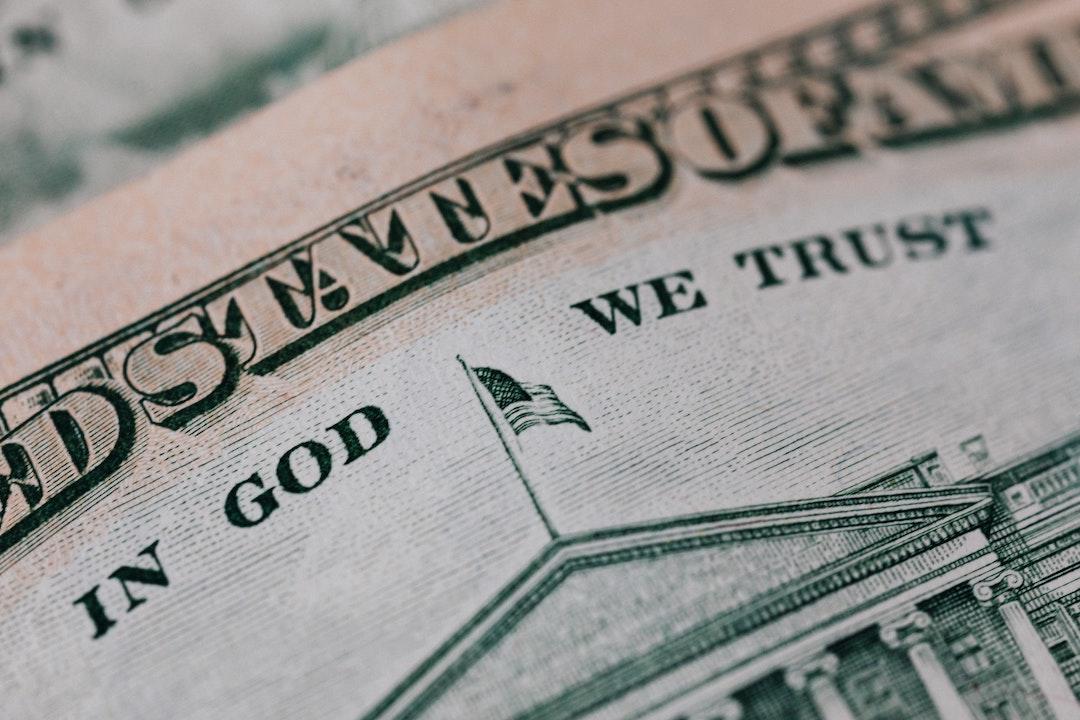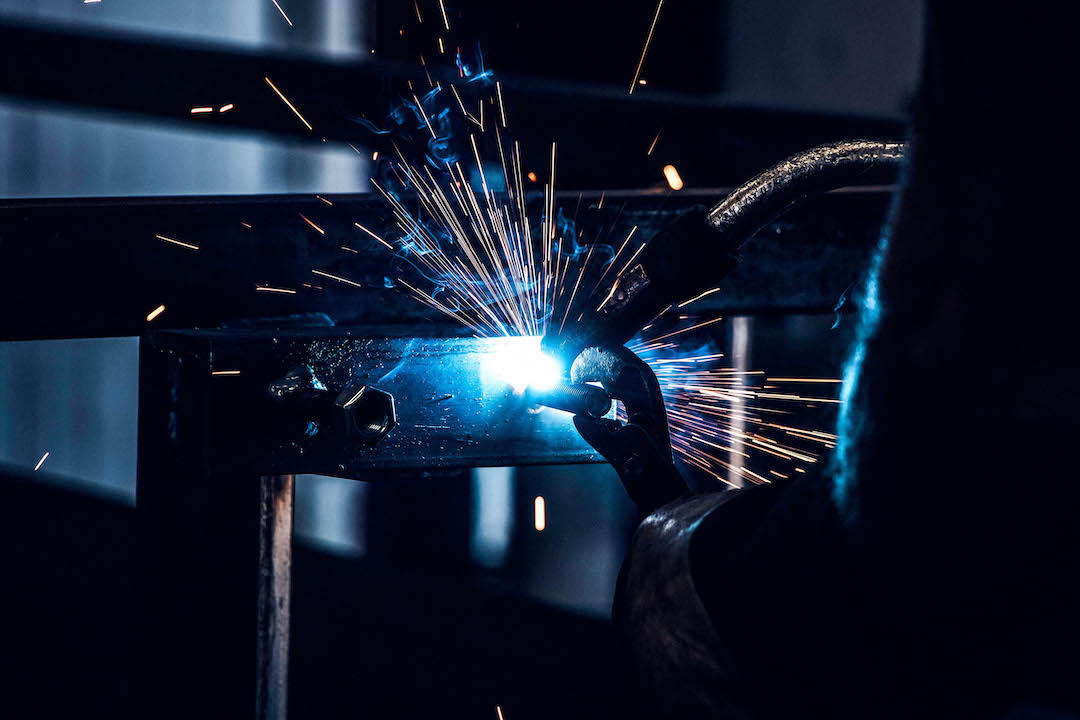A time of extreme polarization, hyper-partisanship, a President who doubts the election process and a pandemic that’s putting a strain on all of it means an election cycle unlike any other. All that is against a backdrop of interest in this election higher than in the past—making the next few weeks and months especially interesting for companies figuring out what to say, what to do, and who they should be.
Edelman’s Aaron McLear, U.S. chair, Public Affairs, hosted an event about what a prolonged election will mean for businesses. Here’s what you need to know.
Businesses have a critical role to play at this time.
As Edelman’s data has shown time and time again, there is minimal trust right now in the government, non-profits and media. So who’s left? Business. Corporations and businesses are a “town square” now. And they’re expected to lead. The role of the CEO, following from that, is now as much about talking about social issues as it is about leading their companies, pointed out şÚÁĎÉçU.S. COO, Lisa Osborne Ross. Here’s what they need to be thinking about:
- What do you do the day of the election?
- In a contested scenario, what is your plan to speak with the community, your employees and the world at large?
- And how do you work with employees and a community that is also going to be polarized? How do you allow people to express themselves without alienating anyone?
Stepping back: “It’s not business as usual. But it is business continuity,” said Osborne Ross. The CEO is now the chief empathy officer. At a time where people are hurting so much, the role of respect and empathy has never been so important.
Remember: Strong businesses are good for democracy.
This is the year we’ll look back and say 2020 was when the business community came together in a broad consensus that being engaged and encouraging Americans to participate is good for democracy and good for business, said Stephen Massey of the Civic Alliance. Here’s how:
- Voter-friendly workplace policies, whether closing on election day or providing paid time off and encouraging employees to become poll workers
- Workshops, town halls and more to educate employees
- Engaging consumers about voting, creating a culture where this is celebrated
- Meeting the unique challenges of the 2020 election by helping recruit poll workers, donating PPE and offering safe spaces for gatherings
There is now a premium on the “pre-election” period.
Several companies are encouraging employees to vote, providing paid time off for them to volunteer as an election judge. And if the election isn’t decided with an obvious winner on election night, Pennsylvania, Wisconsin and Michigan will be the focus of the country because they count absentee ballots late.
How to find a shenanigan: One of the features of the U.S. system is a decentralized election system, said Ben Ginsberg, election law expert and former co-chair of the 2013 presidential commission on election administration. With 10,000 jurisdictions, there will always be some inconsistencies. And because it’s a volunteer-driven system with a million poll watchers, there are going to be mistakes. That is not a fraud. So, despite the President talking about elections being fraudulent, there is no evidence of this. If there is a contested election, people will need to find instances of fraud, get affidavits and actually find evidence. So despite what you hear, there is no wholesale challenge to the election result on the horizon—and critically, it’s not going to be a “nationwide rhetorical barrage”—it’s going to happen much more locally, said Ginsberg.
Reality check: This isn’t Bush v. Gore and Florida in 2004. But if history is any indication, the results will be clear on Election Day itself. And for Ginsberg, chances of a recount are low. “Odds favor knowing the winner either on Election Day or within a two, three-week period. Chances of an Armageddon type situation are low.” But in any of these kinds of situations, the employer needs to acknowledge that this is a challenging time for employees.
Reality Check II: Yes, we’re voting during a pandemic. But we’ve voted during two world wars. There should be trust in the process and this country’s history. “These election officials should be celebrated,” said Massey, whose company has pulled together a guide for companies on how to think about their messaging at this time, including a messaging filter:
- Will this message make people feel intimidated to vote?
- Will it make it seem like election results may not be valid?
- Will it empower individual voters?
- Will it make people feel invested in the democratic process?
- Will this message overwhelm people?
When in doubt, talk about voting: There is concern about what to say during a heated political environment and how to make sure it’s not dividing people. But in that environment, asking people to vote is a gift. Because as Osborne Ross points out: Who disagrees with voting? By talking about voting, it gives CEOs and companies an easier option and subject to talk about. “You’re not going to alienate 50 percent of anything.” And this can really reach out to the vulnerable populations—and those who haven’t had the chance to vote for far too long.
- Massey recounted how Patrick Frisk, the CEO of Under Armour, is a new U.S. citizen, who is voting for the first time this election. And his passion for democracy is coming through to his employees and to everyone he speaks to. Voter participation is shockingly low in the U.S.—and anything that can be done to bring it up is a good thing.
Looking ahead: There is a downside to tactics employed both by President Trump and former Vice President Joe Biden in that it undermines democracy at large. And if we do see violence or unrest, there is going to be more responsibility for employers as well. As Osborne Ross points out, in the absence of trust in institutions, the employer-employee relationship is extremely important. They expect guidance, advocacy, information and more. And if something goes wrong, there is an expectation that the employer will speak up and support the employee.
We’ll leave you with this, from Ginsberg: “This is not some type of nationwide drama. In reality, now that we’re at the stage where votes are being cast, this goes to people in your communities and all communities who give up their time and care about the process. It’s an aggregation up, it’s not an edict passed down. It’s going to come out just fine.”







